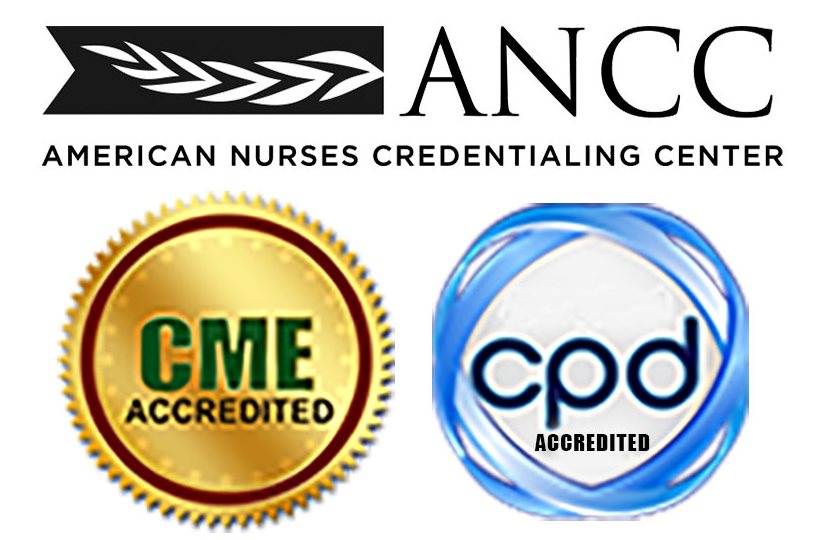
Ageeth Rosman
Erasmus MC, University of Rotterdam, Netherlands
Title: Preconception counselling for low health literate individuals: An exploration of determinants
Biography
Biography: Ageeth Rosman
Abstract
While women with a low socioeconomic background have the highest risk of adverse perinatal outcomes, they less often participate in preconception counseling. This could be partly subscribed to their inadequate skills to assess, understand and use health-related information in ways that promote and maintain good health (health literacy skills). In this study, we explored determinants of participation in preconception counseling among women with low health literacy. Potential determinants of participation in preconception counseling were derived from scientific literature and mapped in a theoretical framework, which was tested on relevance and completeness in an expert review (n=23). The framework was used to prepare face-to-face interviews with women with low health literacy and a wish to conceive (n=139). In the interviews, we explored preconception counseling awareness, knowledge, considerations, subjective norm, self-efficacy, attitude, and intention. Linear regression analyses were used to test associations with an intention to participate in preconception counseling. Most women (75%) were unaware of the concept of preconception counseling and the provision of counseling, even if they lived in areas where written invitations had been disseminated. Common considerations for participation were: preparation for pregnancy; perceived lack of information; and problems in a previous pregnancy. Considerations not to participate were mostly related to perceived sufficient knowledge and perceived a low risk of perinatal problems. Respondents generally had a positive attitude towards participation in preconception counseling for themselves, and 41% reported that they would participate in preconception counseling. Women with low health literacy were generally unaware of the concept and provision of preconception counseling, but seemed to be interested in participation. Further research should investigate how to effectively reach and inform this group about preconception counseling. This knowledge is essential for the evidence-based development of interventions to increase the accessibility of preconception counseling.

